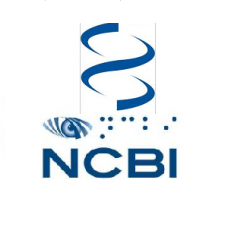5. DISCUSSION
We conducted an empirical study aimed at exploring the relationship between employee satisfaction, job involvement, organizational commitment, work characteristics and organizational policies and procedures. Based on the relevant scientific literature, recent studies in the area and the integrative model of work motivation of Locke and Latham (2004), we have formulated an initial conceptual model for our research and hypothesized the connections between the relevant variables. The initial model has been improved iteratively, with the goal of increasing its fit to the empirical data collected in the study. Starting from the model proposed by Locke and Latham (2004) we determined that their model does not fit our experimental data well and that we observe a connection between job involvement that is not present in their model. In addition, our data does not support the hypothesis that organizational procedures and policies affect employee satisfaction in the organizations considered. As a result we propose a 4 factor model shown in Figure 4C for the relationship between the concepts of work characteristics, employee satisfaction, job involvement and organizational commitment. We analyzed the results of the study based on 1 general and 5 specific hypotheses. The research confirms that there is a link between work characteristics and job satisfaction (H1), but that it is weak, suggesting that a dominant effect of the material factors of motivation exists. We have also determined that there is a connection between the rules and procedures variable (H2) and the rest of the variables, indicating that it should be considered in future studies, but that the constructs need to be operationalized better. The third specific hypothesis (H3) that job satisfaction has a positive relationship with job involvement has been confirmed and we have observed that extrinsic work motivation has a stronger effect than intrinsic, which can be explained by low wages and insufficient funds for everyday life. Other research has confirmed this link (Govender and Parumasur, 2010) and showed that most of the employee motivation dimensions have significant links with the dimensions of job involvement (9 out of 10 pairs). The fourth specific hypothesis (H4 - Job satisfaction will have a positive relationship with organizational commitment) has also been confirmed and we can conclude that a positive relationship exists, which is in line with recent research in this area.








